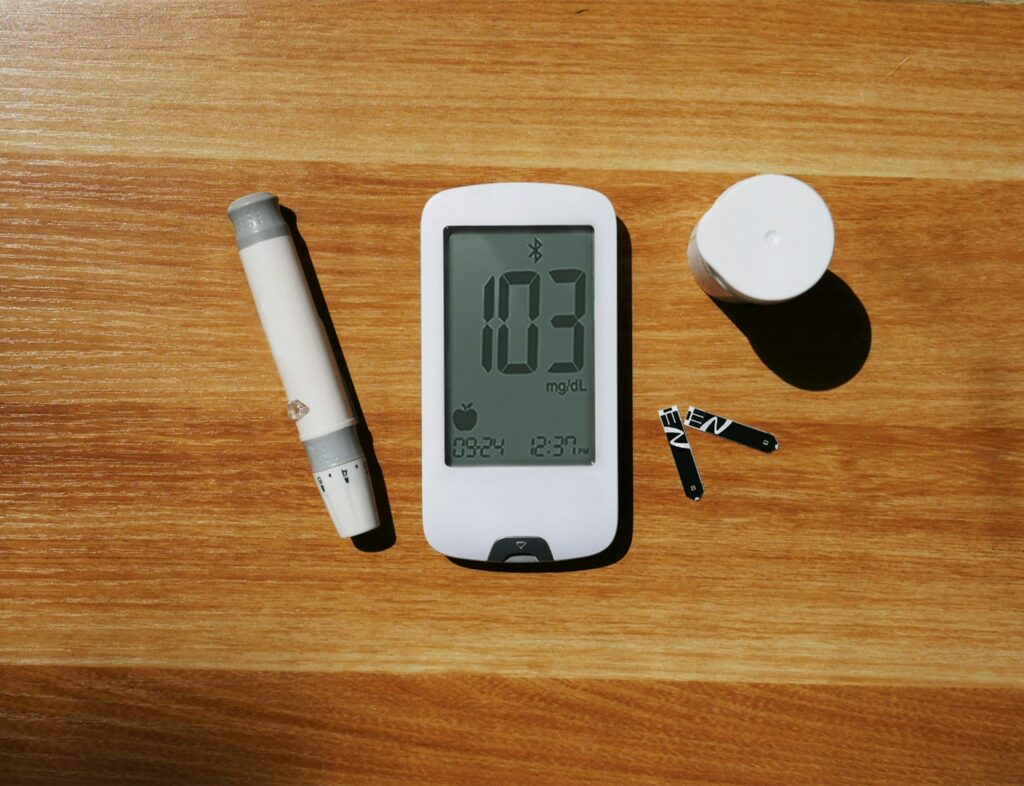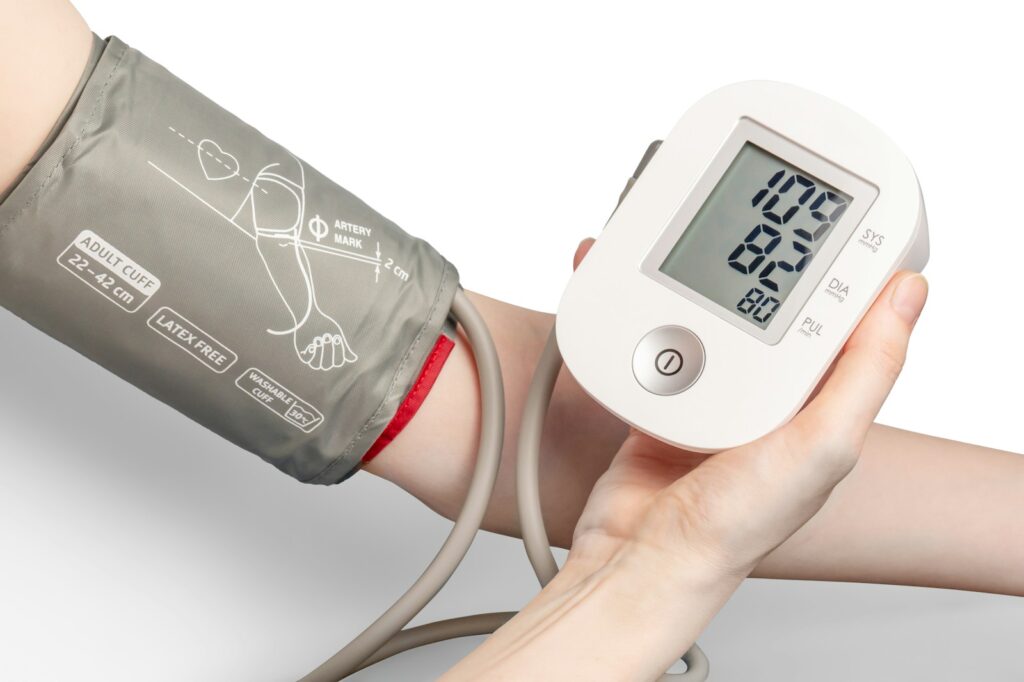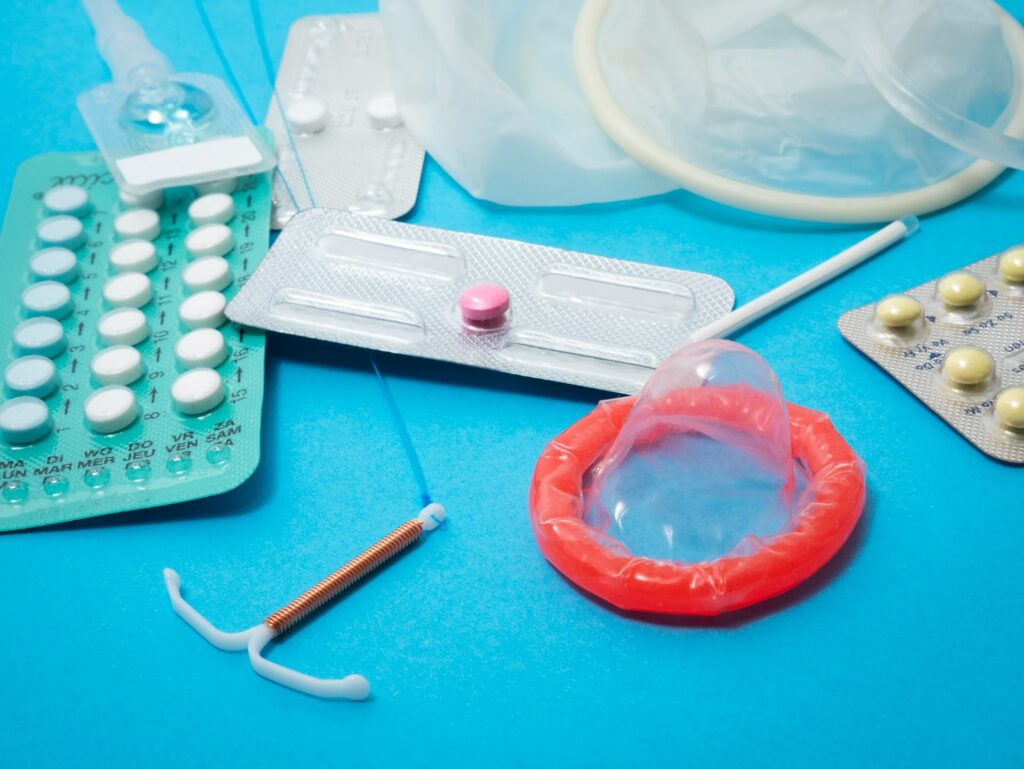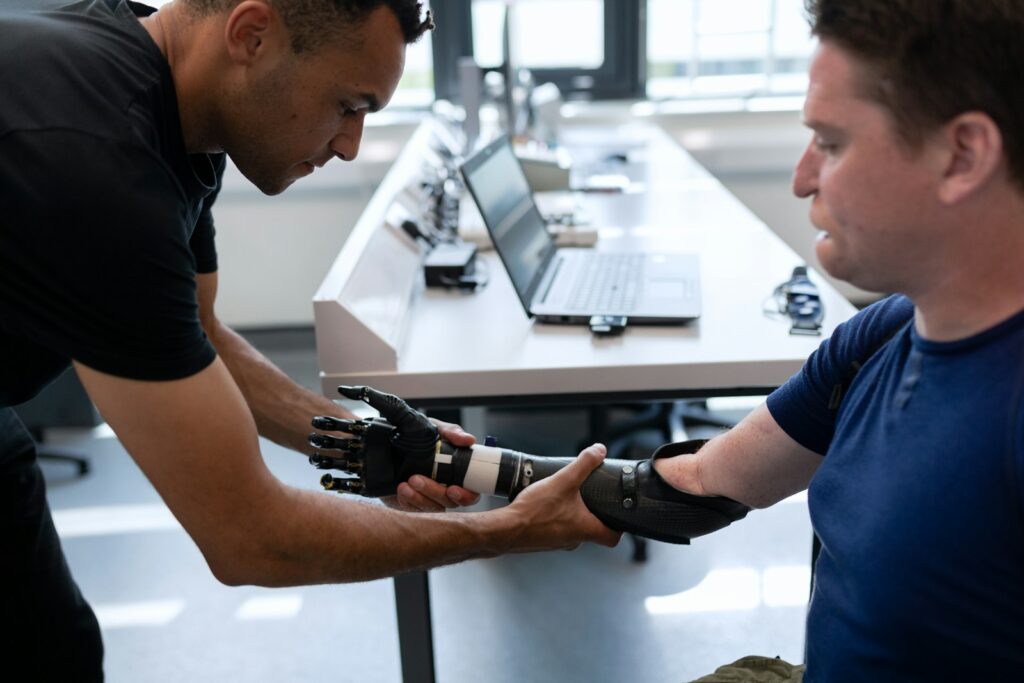Flu Immunisation
Seasonal flu is a highly infectious illness caused by a flu virus.
The virus infects your lungs and upper airways, causing a sudden high temperature and general aches and pains.
You could also lose your appetite, feel nauseous and have a dry cough. Symptoms can last for up to a week.
We offer ‘at risk’ groups the flu vaccine at a certain time each year to protect you against the flu virus.
You may be invited for a flu jab if you are:
– over 65 years of age
– pregnant
or have:
– a serious heart or chest complaint, including asthma
– serious kidney disease
– diabetes
– lowered immunity due to disease or treatment such as steroid medication or cancer treatment
– if you have ever had a stroke
If you have any queries please contact the surgery.
For more information, please visit the website below:
NHS Choices – Flu and the Flu Vaccine
The virus infects your lungs and upper airways, causing a sudden high temperature and general aches and pains.
You could also lose your appetite, feel nauseous and have a dry cough. Symptoms can last for up to a week.
We offer ‘at risk’ groups the flu vaccine at a certain time each year to protect you against the flu virus.
You may be invited for a flu jab if you are:
– over 65 years of age
– pregnant
or have:
– a serious heart or chest complaint, including asthma
– serious kidney disease
– diabetes
– lowered immunity due to disease or treatment such as steroid medication or cancer treatment
– if you have ever had a stroke
If you have any queries please contact the surgery.
For more information, please visit the website below:
NHS Choices – Flu and the Flu Vaccine
Shingles Vaccination
A vaccine to prevent shingles, a common, painful skin disease is available on the NHS to people in their 70s.
The shingles vaccine is given as a single injection into the upper arm. Unlike the flu jab, you’ll only need to have the vaccination once and you can have it at any time of the year.
The shingles vaccine is expected to reduce your risk of getting shingles. If you do go on to have the disease, your symptoms may be milder and the illness shorter.
Shingles can be very painful and uncomfortable. Some people are left with pain lasting for years after the initial rash has healed. Shingles is also fatal for around 1 in 1,000 over-70s who develop it.
It’s fine to have the shingles vaccine if you’ve already had shingles. The shingles vaccine works very well in people who have had shingles before and it will boost your immunity against further shingles attacks.
Who can have the shingles vaccination?
You’re eligible for the shingles vaccine if you are aged 70 or 78 years old.
In addition, anyone who was previously eligible (born on or after 2 September 1942) but missed out on their shingles vaccination remains eligible until their 80th birthday.
When you’re eligible, you can have the shingles vaccination at any time of year.
The shingles vaccine is not available on the NHS to anyone aged 80 or over because it seems to be less effective in this age group.
Find out more about who is eligible for shingles vaccination.
How do I get the shingles vaccine?
Once you become eligible for shingles vaccination your doctor will take the opportunity to vaccinate you when you attend the surgery for general reasons, or for your annual flu vaccination.
If you are worried that you may miss out on the shingles vaccination, contact your GP surgery to arrange an appointment to have the vaccine.
The shingles vaccine is given as a single injection into the upper arm. Unlike the flu jab, you’ll only need to have the vaccination once and you can have it at any time of the year.
The shingles vaccine is expected to reduce your risk of getting shingles. If you do go on to have the disease, your symptoms may be milder and the illness shorter.
Shingles can be very painful and uncomfortable. Some people are left with pain lasting for years after the initial rash has healed. Shingles is also fatal for around 1 in 1,000 over-70s who develop it.
It’s fine to have the shingles vaccine if you’ve already had shingles. The shingles vaccine works very well in people who have had shingles before and it will boost your immunity against further shingles attacks.
Who can have the shingles vaccination?
You’re eligible for the shingles vaccine if you are aged 70 or 78 years old.
In addition, anyone who was previously eligible (born on or after 2 September 1942) but missed out on their shingles vaccination remains eligible until their 80th birthday.
When you’re eligible, you can have the shingles vaccination at any time of year.
The shingles vaccine is not available on the NHS to anyone aged 80 or over because it seems to be less effective in this age group.
Find out more about who is eligible for shingles vaccination.
How do I get the shingles vaccine?
Once you become eligible for shingles vaccination your doctor will take the opportunity to vaccinate you when you attend the surgery for general reasons, or for your annual flu vaccination.
If you are worried that you may miss out on the shingles vaccination, contact your GP surgery to arrange an appointment to have the vaccine.
Pneumococcal Vaccine
The pneumococcal vaccine (or ‘pneumo jab’ or pneumonia vaccine as it’s also known) protects against pneumococcal infections.
Pneumococcal infections are caused by the bacterium Streptococcus pneumoniae and can lead to pneumonia, septicaemia (a kind of blood poisoning) and meningitis.
Read more about why the pneumococcal vaccination is needed.
Who should have the pneumococcal vaccine?
A pneumococcal infection can affect anyone. However, some people need the pneumococcal vaccination because they are at higher risk of complications.
These include:
– all children under the age of two
– adults aged 65 or over
– children and adults with certain long-term health conditions, such as a serious heart or kidney condition
Read more about who should have the pneumo jab.
How often is the pneumococcal vaccine given?
Babies receive the pneumococcal vaccine as three separate injections, at 2 months, 4 months and 12-13 months.
People over-65 only need a single pneumococcal vaccination which will protect for life. It is not given annually like the flu jab.
People with a long-term health condition may need just a single one-off pneumococcal vaccination or five-yearly vaccination depending on their underlying health problem.
Pneumococcal infections are caused by the bacterium Streptococcus pneumoniae and can lead to pneumonia, septicaemia (a kind of blood poisoning) and meningitis.
Read more about why the pneumococcal vaccination is needed.
Who should have the pneumococcal vaccine?
A pneumococcal infection can affect anyone. However, some people need the pneumococcal vaccination because they are at higher risk of complications.
These include:
– all children under the age of two
– adults aged 65 or over
– children and adults with certain long-term health conditions, such as a serious heart or kidney condition
Read more about who should have the pneumo jab.
How often is the pneumococcal vaccine given?
Babies receive the pneumococcal vaccine as three separate injections, at 2 months, 4 months and 12-13 months.
People over-65 only need a single pneumococcal vaccination which will protect for life. It is not given annually like the flu jab.
People with a long-term health condition may need just a single one-off pneumococcal vaccination or five-yearly vaccination depending on their underlying health problem.










